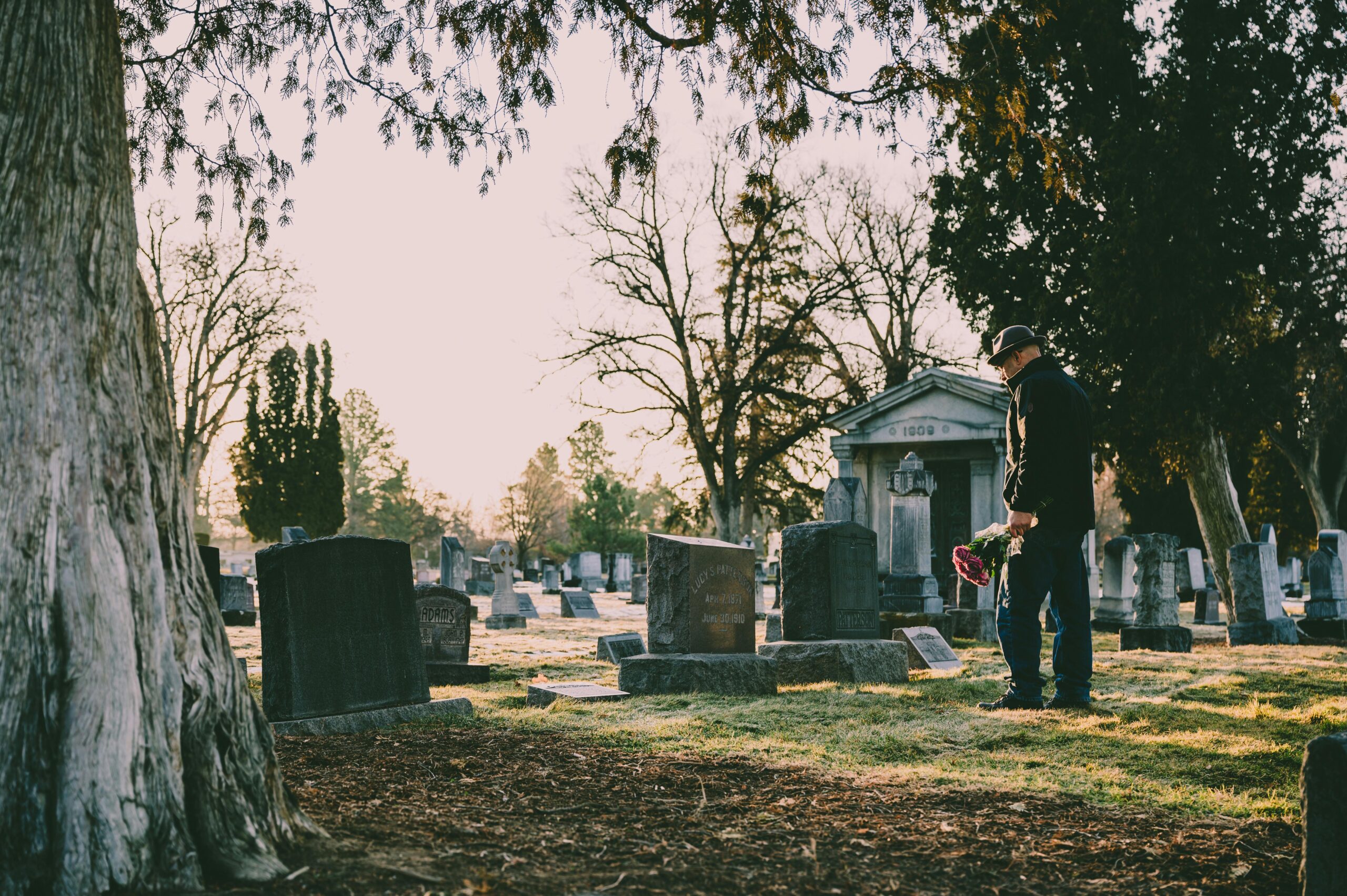Who Gets Custody after Both Parents Die?
What Does the Will Say?
In the event both parents pass away, the parents’ will is likely going to be considered in determining what happens to the children, assuming the parents left instructions for who will act as guardian in the event that the parents unexpectedly pass. However, matters can become complicated if no guardian has been named in the parents’ will. There may also be instances where the court does not follow the instructions in the will. For example, if the person(s) named in the will are not fit to care for a child, the court will not likely allow that person(s) to assume guardianship of the child. Typically, being “unfit” would mean that there is some reason that the person could not effectively care for the child. Drug addiction, mental health concerns, a history of abusing and/or neglecting children, etc. would all make it less likely for the individual(s) named as guardian(s) to assume custody of the child in the event of the parent’s passing. Generally speaking, however, if there is not a good reason for the court not to follow the instructions left in the will, they will likely follow the parents’ wishes as stated in the will.
What Happens When There’s No Will?
Matters can become complicated if there is no will. If there is no will to explain what you’d like to happen in the event that you and your spouse both pass unexpectedly, the court will name a guardian. If there are multiple parties who want to be the guardian, a custody battle may ensue. There may also be legal battles over who gets the inheritance. A lot of people assume the children will inherit everything even if the the parents do not leave a will—however, without a will, there is no guarantee that they will inherit everything, or anything at all. In some states, the guardian appointed to care for the child may also manage the child’s inheritance—which may be disastrous.
A Child’s Best Interests
The court is always going to look at the child’s best interests when determining custody arrangements after the parents pass away. This is true even if you leave a will that names a guardian. As previously mentioned, the courts are heavily going to consider the parents’ wishes, especially if there is no reason that the appointed guardian(s) is unable to properly care for the child. For example, it’s generally considered to be in the child’s best interests to have a guardian whom they know—and not just in passing. Potential guardians who live within the child’s community and share the same values and/or religious beliefs as the parents may also be more likely to get custody in the event that the parents pass away. If the child is old enough, the judge may consider what the child wants. The older the child is, the more likely the judge is going to consider their wishes.
Can You Prevent Certain People from Getting Custody?
Unfortunately, there is no air-tight loophole-free way to ensure that certain family members do not get custody of the children in the event that you and your spouse pass away at the same time. However, there are things you can do to make it more difficult for those family members to get custody. Having a will is a good start. If you are really serious about preventing a family member from obtaining custody, you will need to speak with an attorney who specializes in estate planning. Naming a back-up guardian in the event that your first choice is unable to care for the child may also be a good idea. While you can name a guardian in your will, you can also name people whom you do not want to have custody of your children.
Things You Can Do to Prevent Family from Getting Custody
If you have relatives who you don’t want to have custody in the event of your untimely passing, there are things you can do to make it more difficult for them to get custody. Keep the child’s interactions with the family members limited, as custody is less likely to be awarded to family members whom the child has no real relationship with. On the other hand, make sure that the children have a close relationship with the people whom you’ve named as guardians and back-up guardians. In some cases, it may be a good idea to move away from family members whom you do not want to be named as guardians of your children. Picking guardians who are part of your child’s community may also result in additional difficulties for family members who are trying to get custody. If you are struggling with custody issues after a loved one’s death, and you need legal advice, contact CoilLaw today.


